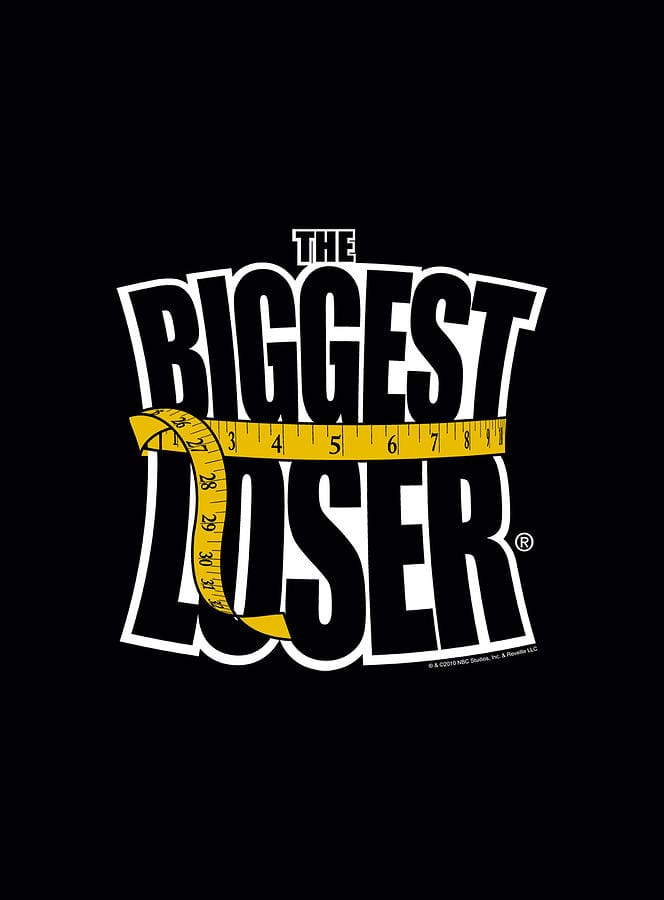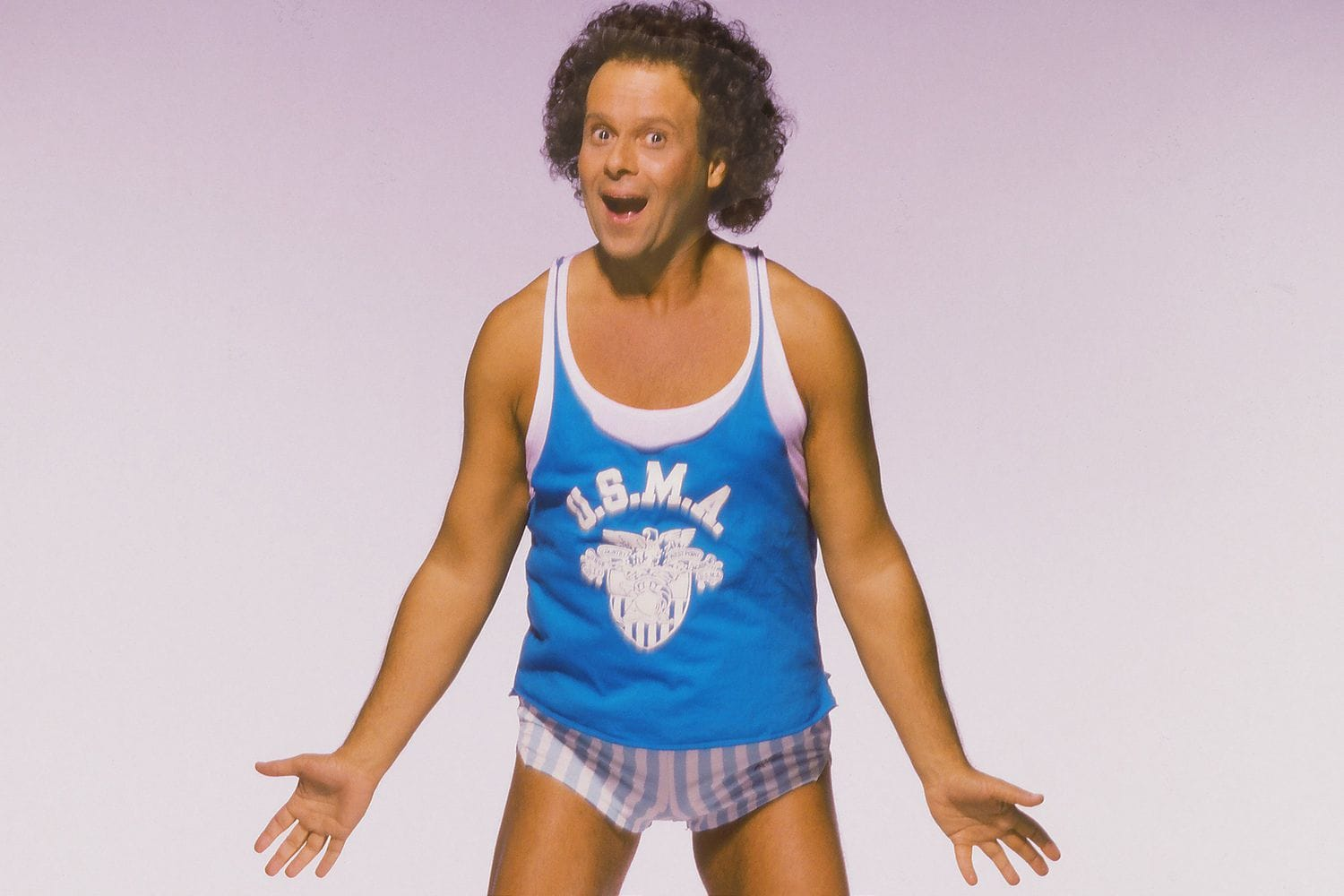The Hatred Lurking Within: Reflections on the "Biggest Loser."

A new Netflix documentary has thrust the cultural juggernaut "The Biggest Loser" back into the limelight. "Fit for TV," depicts everything that made the show such riveting viewing: the puking, the insults, the sweating and tears, and lots and lots of very overweight people performing strenuous (and humiliating) activities. It turns out that sadism and schadenfreude is a perfect recipe for a ratings bonanza.
The launching point for the documentary was a New York Times article that highlighted a very inconvenient fact — the majority of contestants on the show gained the weight back they'd lost. And then some.
Danny Cahill, a contestant winner on Season 8 of the show, set a record for weight loss by shedding 240 pounds in seven months. He did this through exercising seven hours a day and burning 8,000-9,000 calories. Similar to other contestants, his caloric intake was severely limited. The NYT article posited that the end result of this disparity was something called "broken metabolism," meaning that, essentially, the show had permanently (and detrimentally) altered how the contestants process calories. (1)
Mr. Cahill now weighs close to 430 pounds. This should not be surprising. I'm not going to wade too deeply into the weeds of metabolic issues, because I'm not privy to the individual circumstances of the contestants. But I am much more familiar in another way the contestants suffered — their trainers were absolutely terrible.
One of the most telling moments in the documentary is when the show's longtime trainer Bob Harper explains that "If you've struggled to lose weight in your life ... you're never going to get that monkey off your back. That monkey is going to be with you the rest of your life."
That statement rang true for most of the contestants, I'm guessing. But one of the show's greatest secrets is that I'm sure it also resonated with the show's biggest star — Harper's co-trainer Jillian Michaels. Yes, that Jillian Michaels. The bronzed, sculpted, charismatic and supremely coiffed purveyor of pain.

Before she became America's favorite trainer, Jillian Michaels was Jillian Leigh McKarus and she grew up in Los Angeles as an only child and the product of divorce. And she was bullied. Mostly because she was overweight.
"There's still a fat girl in me," she said in an interview during the height of her fame. "I was an only child and my parents were getting divorced and I would wait to come home—I would look forward to coming home and ordering a Domino's Pizza and sitting on my roof by myself and eating the whole pizza. And that's how I got through the day: Waiting for the Domino's. That was my activity, that's what I was going to do. I didn't have any friends, I didn't have a car, I was a fat kid, I didn't have any siblings, my parents were divorcing, my mom was having to work.
By the time I was about 13 years old, I was maybe five feet tall and I got up to about 175 pounds, which was a lot for five feet. I was just so troubled and so angry and acting out all over the place. " (2)
As a trainer, Jillian Michaels had a superpower that very few trainers possess. And it wasn't her sculpted abs or cascading locks. It was an ability to empathize with people who suffered from being very overweight.
People often conflate sympathy with empathy. The former is a more universal expression of kindness. The latter is much more powerful — an ability to relate to people by virtue of life experience. "I've been where you've been." Jillian Michaels could've harnessed this superpower for the betterment of her clients. She could've gone the route of Richard Simmons. I've written about my (latent) appreciation of him in a previous article.

But she chose a very different route. Certainly, denigrating and humiliating your clients is more "camera friendly." But it does nothing to instill a long-term appreciation for movement and exercise.
I don't have the (unrealized) gift that Jillian Michaels possessed. And I rarely have the opportunity to connect with people who suffer from morbid obesity for a simple reason — they rarely come to a gym. One reason is that there's a correlation between obesity and economic circumstances, and gyms tend to be expensive. And the second reason is that obese people usually don't feel comfortable in a gym setting.
One of the most dramatic moments I've experienced as trainer occurred late at night in my former gym. It was around 9PM and the gym had pretty much emptied out. I went into smaller room that I used for stretching and unwinding. Immediately upon entering the space, I saw a person who was in obvious duress. She was quite heavy, and was sitting on bench while quietly weeping into a towel. On either side of her was a pair of free weights.
Her trainer was a co-worker of mine. I knew she had struggled with fitness and weight gain over the years. I watched as she wordlessly placed her hand on her client's shoulder and held it there.
"I've been where you've been and it's going to be OK."
I was unsure of what to do. At first I was transfixed by the drama of the moment, so I froze. And then, shortly after, I slowly backpedalled out of the room. The moment was certainly uncomfortable — at least for me. But it also filled me with a sense of awe, wonder, and more than a little bit of envy. Here was a trainer relating to a client in a way that I was incapable of. It was deeply moving. I've never seen anything like it in over fifteen years as a personal trainer, and I doubt I ever will.
Jillian Michaels could've been that trainer. She could've used empathy to assist her clients in becoming healthier. Instead, she chose anger and antipathy. It's certainly possible she saw herself reflected in their struggles. Perhaps, well outside the glare of the TV cameras, she became a lonely, bullied teenager again. And if the contestants hated themselves — well, Jillian Michaels hated them more.
Jillian Michaels had a gift. She squandered it in the name of TV ratings, and left a lot of wreckage in her wake.
Sources:
(1) Gina Kolata (05/02/2016) "After the 'Biggest Loser,' Their Bodies Fought to Regain Weight." New York Times
(2) Danica Lo (01/24/2011) "Interview: Jillian Michaels on Being Bullied as a Teenager, Eating Waffles for Breakfast, and Her New K-Swiss Clothing Line." Racked
Joshua Brandt is an Oakland based personal trainer. He can be reached at joshua@joshuabrandtpt.com or (415) 412-7339.
If you enjoyed reading this article, please pass it along!

Member discussion